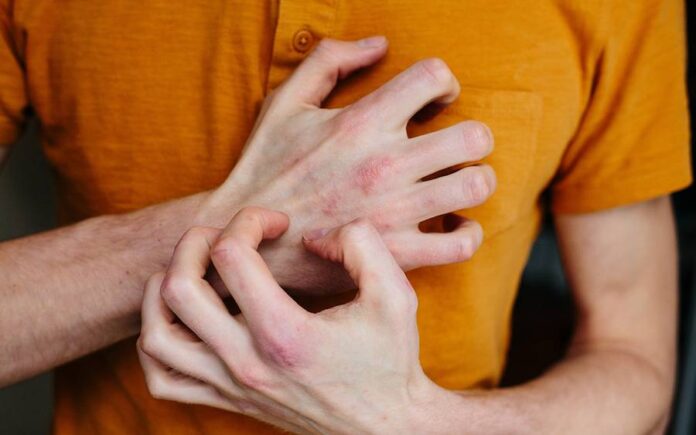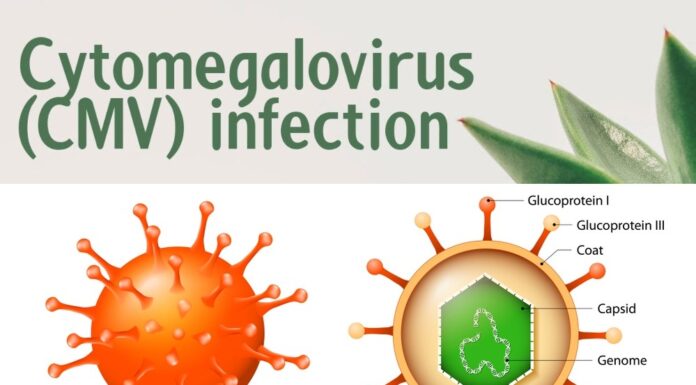When you’re under stress, does your skin itch? You may be developing stress hives. Life involves stress, and our bodies respond to it in different ways. For some people, the effects of stress manifest physically, going beyond heart palpitations and insomnia.
Skin disorders brought on by stress, such hives and itching, can be emotionally and physically draining.
In order to understand why some people get hives and have constant itching when under strain, let’s examine the relationship between stress and skin reactions.
Why do we get rashes from stress?
Senior dermatologist Dr. Kuna Ramdas of Kamineni Hospitals clarified that stress can cause the body to emit a number of chemicals and hormones, including cortisol and adrenaline.
“The immune system and other body functions may be impacted by these physiological reactions, which may occasionally lead to skin reactions like stress rashes or hives.”
He went on to say that stress-related skin disorders are frequently associated with the body’s “fight or flight” reaction, in which the body releases chemicals that might affect the skin in order to prepare for a perceived threat.
Manipal Hospitals dermatologist and consultant in cosmetics, Dr. Ritika Shanmugam, pointed out that urticaria is an autoimmune disease in which the body targets its own immunity, causing breakouts or hives in certain individuals. It may be acute, lasting six weeks, or it may develop into a chronic illness.
How can a stress rash appear?
A stress rash might seem differently in each individual, but generally speaking, it manifests as red, raised, itchy, and even painful welts or pimples on the skin, says Dr. Ramdas. These come in different sizes and might show up quickly during or right after a tense situation.
The rash can be localized or extend to multiple parts of the body, and it is frequently itchy.
How should it be handled
In severe situations, Dr. Shanmugam added, quick first aid can soothe the skin using cold compresses and oral antihistamines to reduce the symptoms for a predetermined amount of time. When symptoms are severe, an oral steroid is administered to manage the condition.
She continued by saying that oral antihistamines must be continued in chronic stress rash patients in order to prevent symptoms.
Dr. Ramdas advised using methods like deep breathing, meditation, and exercise to address underlying stress in order to effectively treat stress rashes over the long run.




























